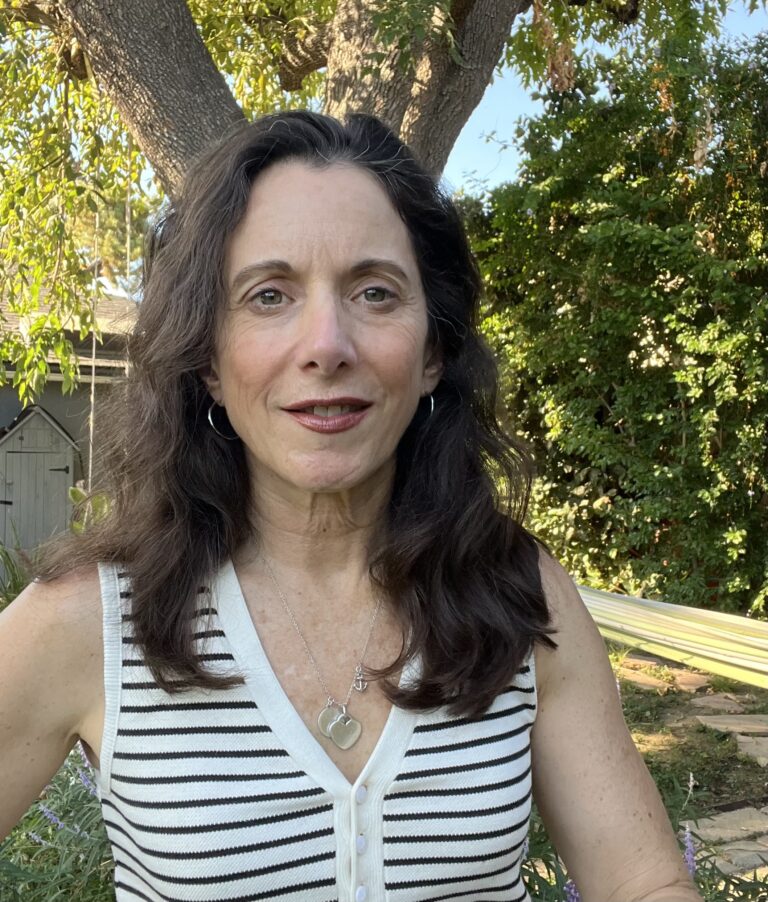
I have been in private practice in Los Angeles for over 12 years. I am deeply committed to this work. My focus has been around issues arising from complex trauma—early emotional wounds that may surface as identity struggles, emotional distress, and relational conflict. Presenting issues reflect a deeper need to understand oneself in a world that can feel lonely, overwhelming, confusing, and disconnected.
In sessions, I am careful to avoid what’s called “collusion”—when a therapist unconsciously agrees with a client’s defenses out of fear or discomfort, rather than gently helping them explore what’s underneath. I believe true healing asks us to meet our clients where they are, and then walk with them courageously into the deeper questions: Who am I? How and where have I been hurt? What parts of me are trying to survive by coping in adaptive and maladaptive ways?
In my work with adolescents and young adults, I understand that experiences like gender dysphoria, transgender ideation or body dysmorphia can be expressions of unprocessed emotional pain—pain tied to questions of worth, self-concept, and the struggle to feel at home in one’s skin. These deserve deep exploration, not quick answers. Not labels, not protocols—but patient, honest presence and reflection. That’s what I offer in my psychotherapy approach: the space to be known, the time to unravel the story beneath the pain, and the support to find clarity and integration.
My approach to therapy emphasizes the family system and the essential role that parents and caregivers play in the healing process. Young people don’t grow in isolation—they grow in relationships. Often, the most transformative work happens when we bring families into the therapeutic space, helping them reflect, reconnect, and co-regulate. Parents are uniquely positioned to support their children’s growth, maturation and connection. For this reason, when working with youth, I prioritize engaging the parents in supporting their child with compassion and clarity.
I strongly believe healing comes through relationship, curiosity, and a growing trust in one’s own capacity for openness and self-understanding. I aim to help transform shame into insight, reclaiming collaboration in the family that is grounded, strength-based, and interconnected.
